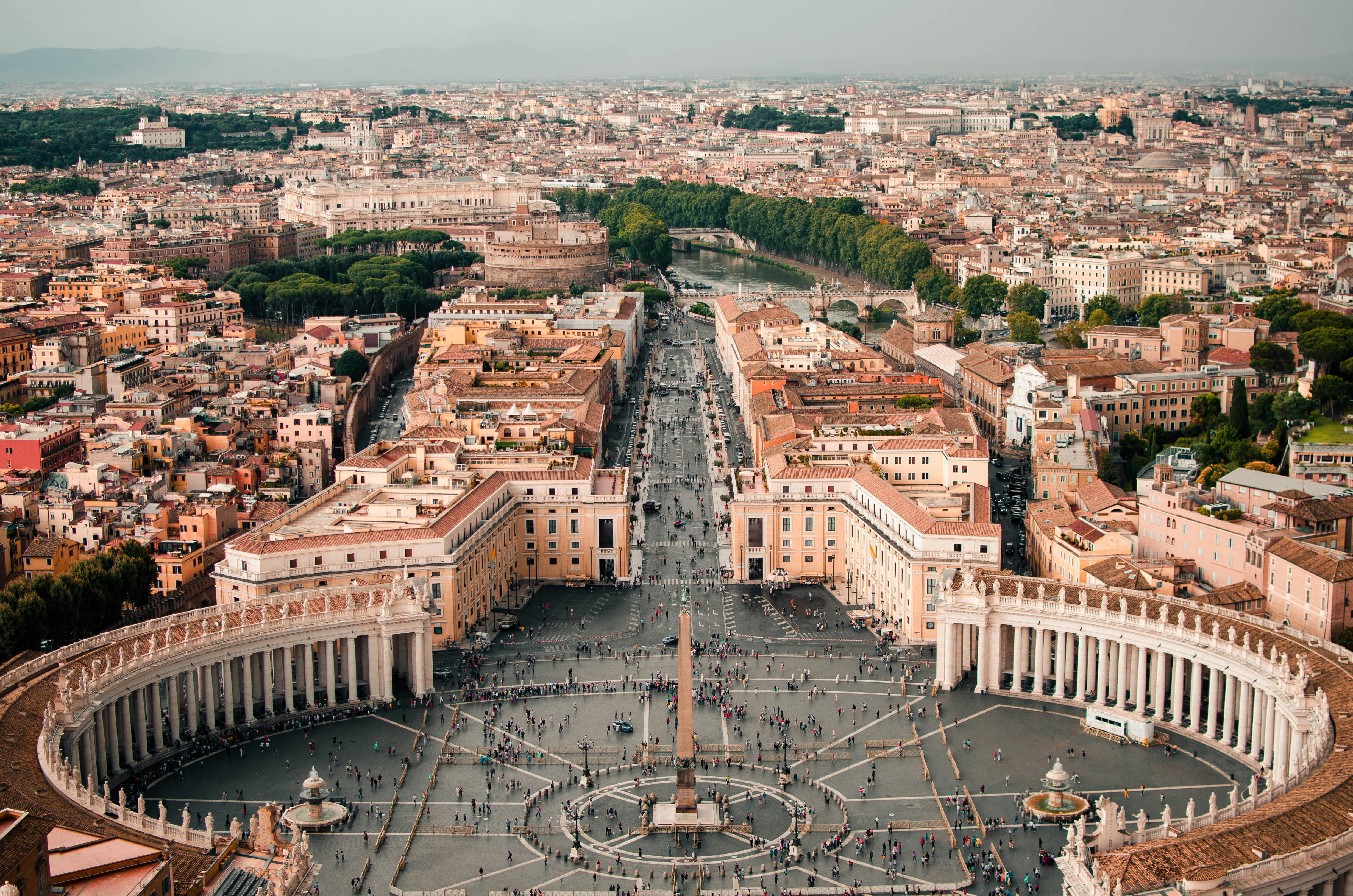Trump's Spiritual Showdown: A Controversial Take on Faith and Politics

After careful reflection and deliberation, I've come to a stark conclusion that demands unvarnished truth: Donald Trump's relationship with religion is fundamentally disingenuous and deeply problematic.
The evidence speaks volumes about his profound disregard for genuine spiritual conviction. Despite frequent attempts to court religious voters, Trump's actions consistently reveal a cynical manipulation of faith rather than any authentic spiritual commitment. His public displays of religiosity appear calculated and performative, lacking the depth and sincerity one would expect from someone truly devoted to religious principles.
Time and again, Trump has demonstrated a remarkable disconnect between his claimed religious beliefs and his personal conduct. His inflammatory rhetoric, divisive strategies, and personal behavior stand in sharp contrast to the core teachings of compassion, humility, and respect that are central to most religious traditions.
What emerges is a portrait of a political figure who views religion not as a source of moral guidance, but as a strategic tool to be leveraged for political advantage. His approach reduces faith to a transactional relationship, undermining the profound spiritual meaning that millions of Americans hold dear.
In essence, Trump's relationship with religion is less about genuine belief and more about political opportunism—a calculated strategy that reveals more about his character than any public proclamation ever could.
